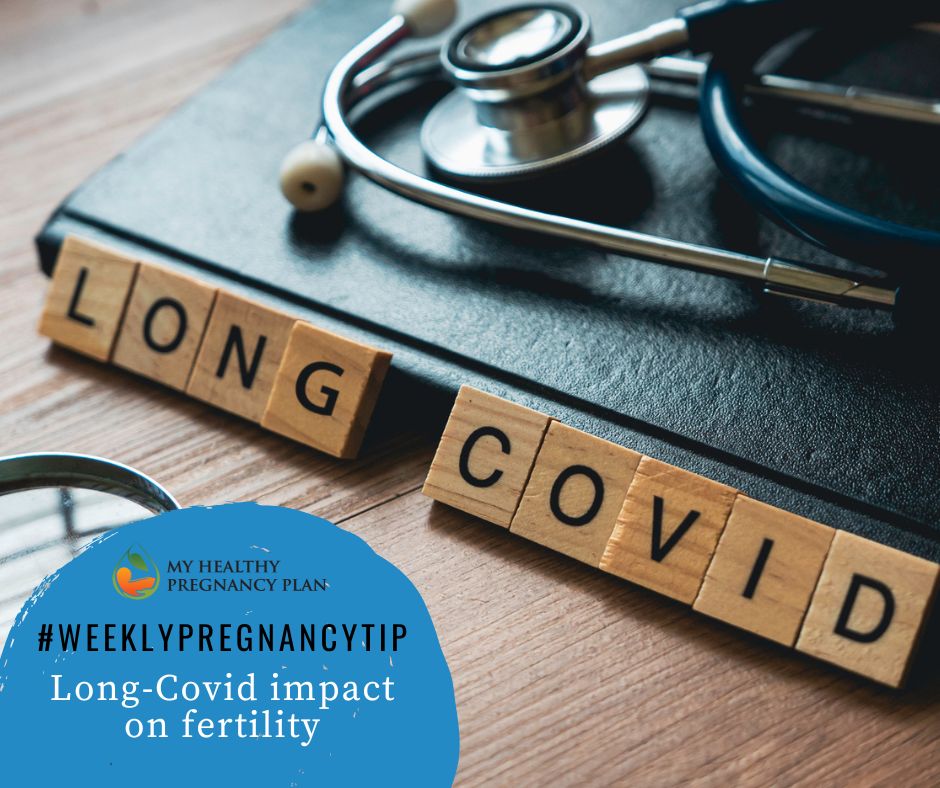
Long-covid is the unwelcome gift that keeps giving. While better known for persistent fatigue and inflammation, a high frequency of long-covid has been established among patients with infertility, including lower success rates of assisted reproductive technologies (IVF and IUI).
In a recent Ukrainian study, patients with infertility and long-covid suffered more from endocrine pathologies including thyroid disease and diabetes. A significantly higher frequency of menstrual dysfunction was noted after suffering from COVID-19: frequency of irregular cycles was almost by 3 times higher, and luteal phase insufficiency was more than by 3 times higher. There was also a noted decrease in ovarian reserve and a higher prevalence of urogenital infections.
These lowered fertility rates related to long-covid should remain on the radar of any health care practitioner doing a fertility evaluation, particular as the virus continues to circulate globally.
I hope you have found this helpful, and do let me know if you have any questions!
If you are hungry for more evidence-based information in your pregnancy, sign up for my free webinar: 7 Pregnancy Myths Debunked – and get the information you need to have a healthy pregnancy and a thriving baby.
And if you are a care-provider looking for evidence-based resources for your pregnant patients, please get in touch with us at support@myhealthypregnancyplan.com.
In health,
Dr Jocelyn Land-Murphy, ND
Terra Life
Disclaimer: The information and content provided is for general educational and informational purposes only and is not professional medical advice, nor is it intended to be a substitute therefore. Please consult the Disclaimer and Terms of Use for full details.
References:
Golovchak, I. et al. (2024). Long-Covid impact on the reproductive health of women with fertility. World of Medicine and Biology.





